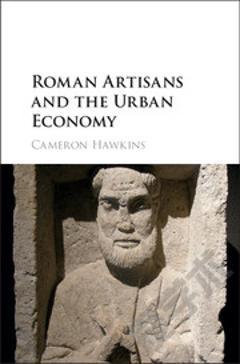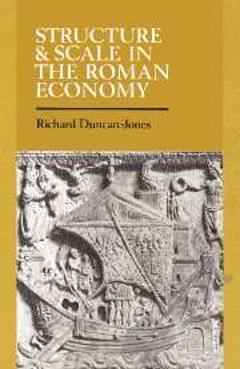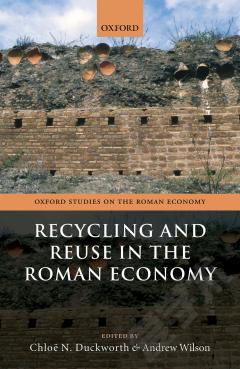Roman Artisans and the Urban Economy
This book offers the first comprehensive study of economic conditions and economic life in Roman cities during the late Republic and early Empire. By employing a sophisticated methodology based upon comparative evidence and contemporary economic theory, the author develops interlocking arguments about the relationship between four key attributes of urban economic life in Roman antiquity: the nature and magnitude of consumer demand; the structure of urban labour markets; the strategies devised by urban artisans in their efforts to navigate their social and economic environments; and the factors that served to limit both the overall performance of the Roman economy, and its potential for intensive growth. While the author's methodology and conclusions will be of particular interest to specialists in economic history, other readers will profit from his discussion of topics such as slavery and manumission, the economic significance of professional associations, and the impact of gender on economic behaviour.
{{comment.content}}








 京公网安备 11010802027623号
京公网安备 11010802027623号